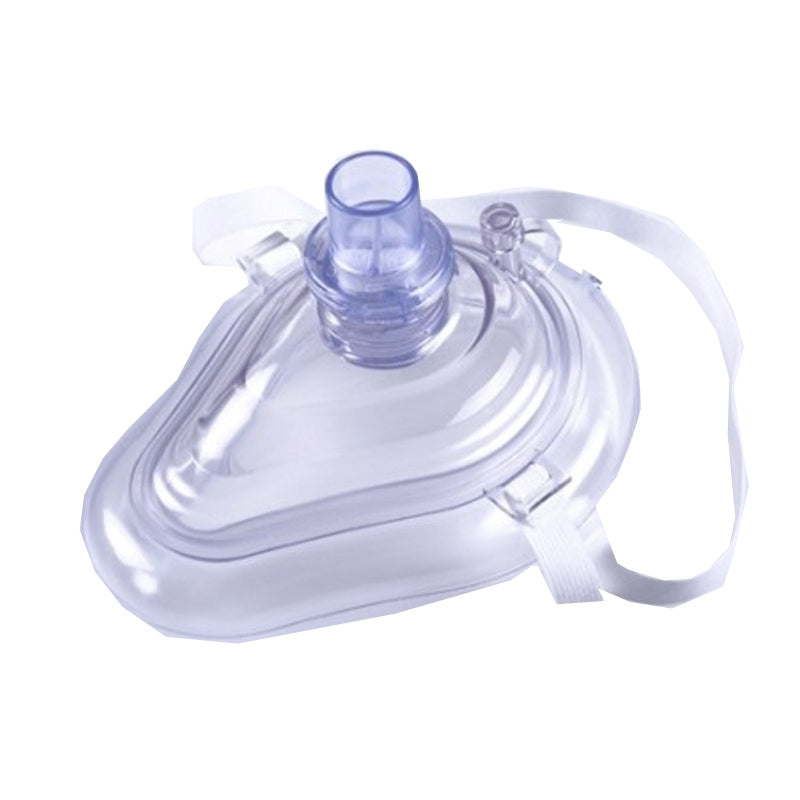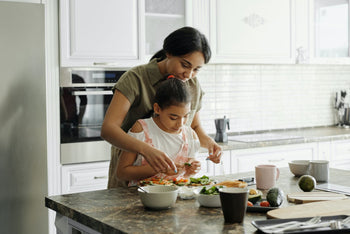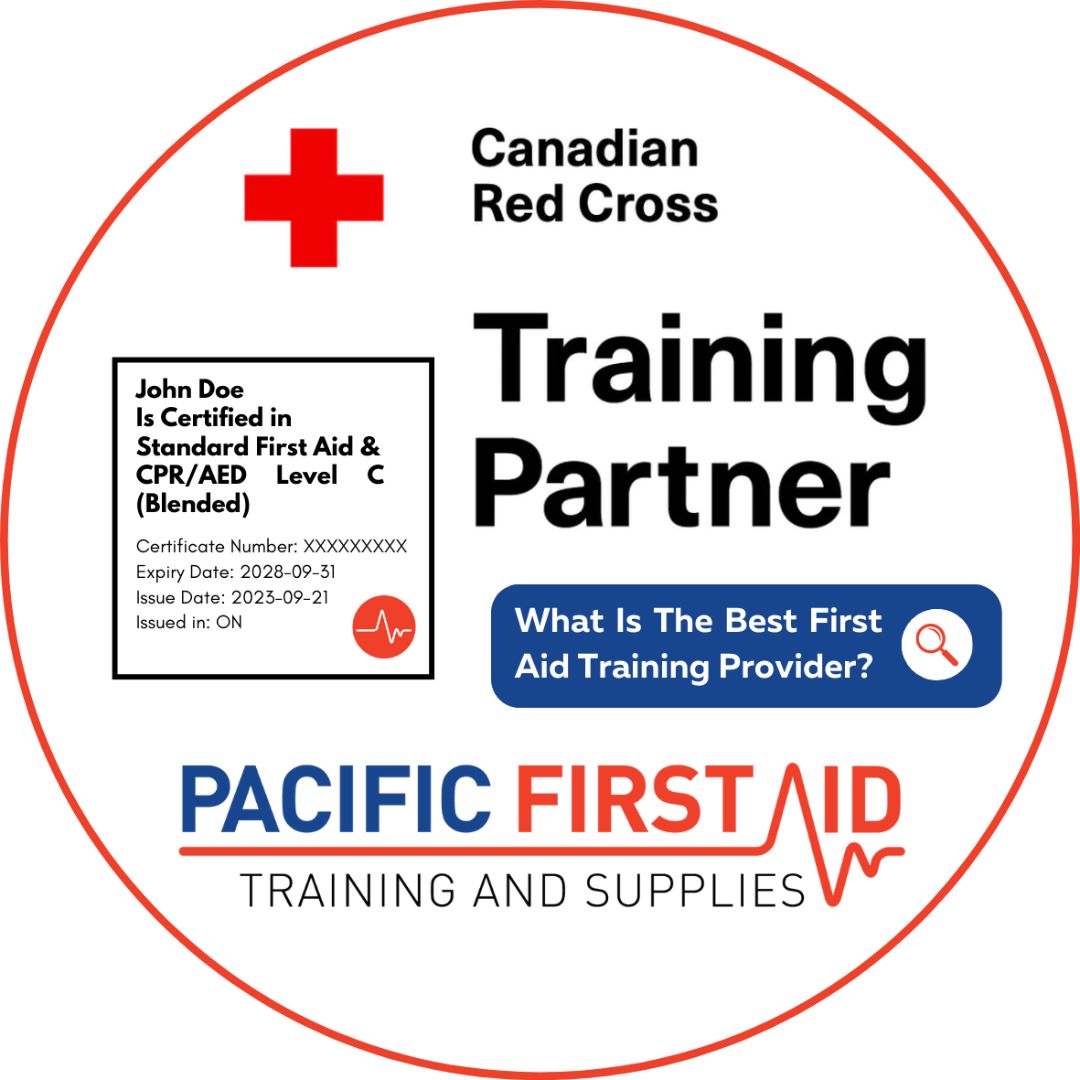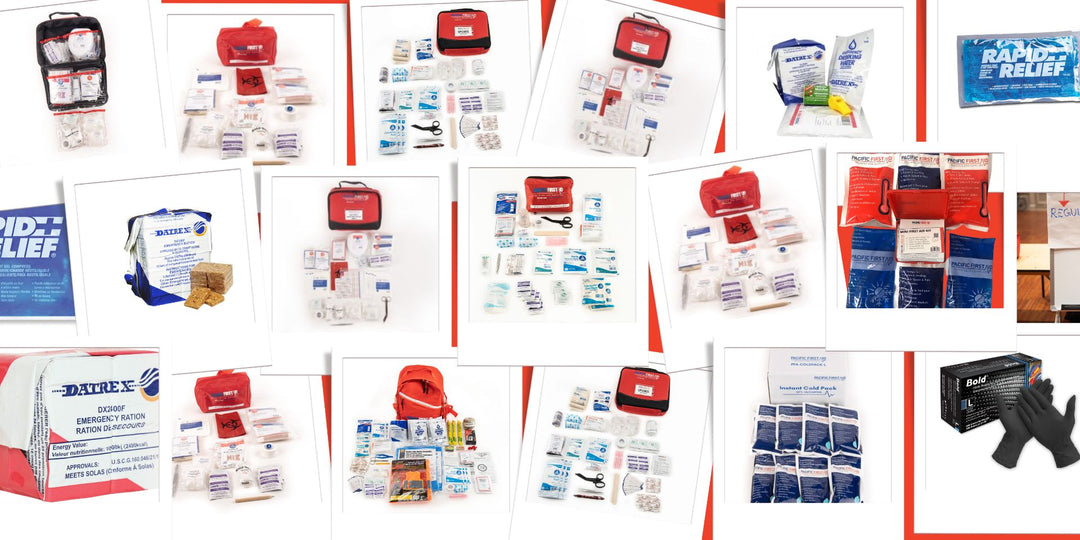
Does cooking food kill coronavirus? Food safety experts weigh in
Photo Credit: Mélissa Jeanty
Experts recommend taking extra precautions and practicing good hygiene when handling food for cooking.
When it comes to food, the coronavirus outbreak has halted many everyday activities, like going out to eat at restaurants. It has also dramatically altered tasks like shopping for groceries. But should it change how we prepare food at home?
While no reported cases of COVID-19 have been linked to contaminated food or food packaging, experts are advising people to practice good hygiene and stay extra vigilant when handling food for cooking these days.
In order to minimize the risk of spreading bacteria or viruses, the Food and Drug Administration recommends following four key steps when preparing food:
Clean. Sanitize all cooking surfaces and wash your hands thoroughly before starting to cook. Don't forget to thoroughly wash all produce, too.
Separate. Separate raw meats from other ingredients and avoid contamination by establishing different work surfaces and utensils for raw ingredients.
Cook. Always cook food to the recommended temperature to kill off foodborne pathogens.
Chill. Do not let food sit out on the table for too long after a meal. Refrigerate (or freeze) leftovers promptly.
Download the TODAY app for the latest coverage on the coronavirus outbreak.
In addition to following the normal food safety protocols, experts say it’s also crucial to stay informed about the latest news regarding the virus since scientists are uncovering new information about how it is transmitted every day.
Can coronavirus be spread through eating food?
The Centers for Disease Control and Prevention, the FDA and many other food safety experts agree that, based on what is currently known about the coronavirus, it is unlikely to be transmitted through the consumption of food.
“All known cases that have been investigated have been linked either to symptomatic individuals, i.e. people coughing or sneezing, or pre-symptomatic individuals, i.e. people that would later developed COVID-19," Donald W. Schaffner, the director of the Food Science Graduate Program at Rutgers University, told TODAY Food. "These individuals have transmitted (the) virus by being in close association with others for an extended period of time — one hour or more."
The same goes for food packaging. Both Schaffner and Yaohua Feng, an assistant professor and food safety specialist with the Department of Food Science at Purdue University, told TODAY that while the virus may be able to live on certain surfaces for an extended period of time, there are currently no confirmed cases of people contracting COVID-19 from the handling food packaging.
A study released last month, which was led by scientists at the U.S. National Institutes of Health, looked at the stability of the coronavirus on surfaces made of plastic, stainless steel, copper and cardboard.
While the results were not obtained under real-world conditions, the study did find that the virus was detected for up to 72 hours on plastic and stainless steel; it lived for up to 24 hours on cardboard. The virus was not found on copper after four hours.
However, as an added measure of safety when returning from the grocery store or receiving takeout, the Food Packaging Forum recommends “washing all packaging immediately when it enters the household with soap and water (or), alternatively, transferring packaged goods from the packaging to cleaned containers for storage, and then discarding the packaging."
Does cooking food kill the coronavirus?
While experts have confirmed that the novel coronavirus is not a foodborne pathogen, it still doesn’t hurt to follow all of the basic food safety protocols and exercise the utmost caution when cooking these days. Schaffner added that “proper cooking should significantly reduce the virus concentration.”
“We recommend consumers to cook poultry to an internal temperature of 165 degrees and cook hamburger to an internal temperature of 160 degrees. We also recommend consumers use a food thermometer to ensure the food is cooked to the recommended temperature,” Feng said.
While home cooks may usually prefer to eyeball their meat for doneness, both experts agreed that now is the ideal time to use all available tools at your disposal to ensure that food is cooked properly to avoid contracting any type of illness.
Theoretically, if someone with coronavirus handled food after it had been prepared and they had not been following proper food-handling practices (i.e. not washing their hands or sneezing into the meal), the virus could be transferred onto the food.
If you're reheating leftovers or takeout, experts recommend heating the food to an internal temperature of 165 degrees.
Is it safe to eat raw fruits and vegetables?
Amanda J. Deering, an assistant professor and expert on fresh produce food safety with the Department of Food Science at Purdue University, told TODAY that the produce section at most grocery stores is a high-touch area, so the virus could potentially be transmitted if one were to pick up a piece of fruit (which had been previously touched by someone who had coronavirus) and then consume that piece of fruit without washing it.
However, while Schaffner said produce is just as safe now as it was before the pandemic, he explained that proper washing is even more important today. If the item has a tough skin, like a cantaloupe, it can be scrubbed with a brush, too. He does not see any harm in eating raw fruits or vegetables, as long as they have been washed well.
Should you sanitize your delivered groceries?
He did warn people to avoid utilizing other "trendy" washing methods that have been popping up online in the past few weeks.
“Some viral videos on the internet are recommending washing (produce) with soap. This is absolutely not recommended since consumption of soap can cause vomiting, nausea and diarrhea,” Schaffner said.
“Some people are washing fruits and vegetables using salt water or water with vinegar. These are not known to be any more effective than washing in plain water," he added, explaining that none of the above methods have been scientifically proven to kill off the coronavirus.
Feng echoed Schaffner’s advice, adding that “currently there is no peer-reviewed article showing that coronavirus can be spread through fruits and vegetables.”
Contracting a foodborne illness is always possible (and it still happens often), so Feng pointed out that safe food handling has always been important, regardless of whether or not there’s a pandemic.
Experts say ordering takeout is safe — here’s how to keep it healthy, too
Now, home cooks should be especially vigilant about food safety given that it is not advisable to go to the hospital, except for in extreme circumstances. A trip to the emergency room caused by a foodborne illness could end up taking a lot longer these days and you may be exposing yourself to individuals with the highly contagious virus.
“With our health system potentially overtaxed with COVID-19, it’s not a good idea to get food poisoning from salmonella or other microorganisms known to be transmitted by food,” Schaffner said.
Sourced From: Traincan






